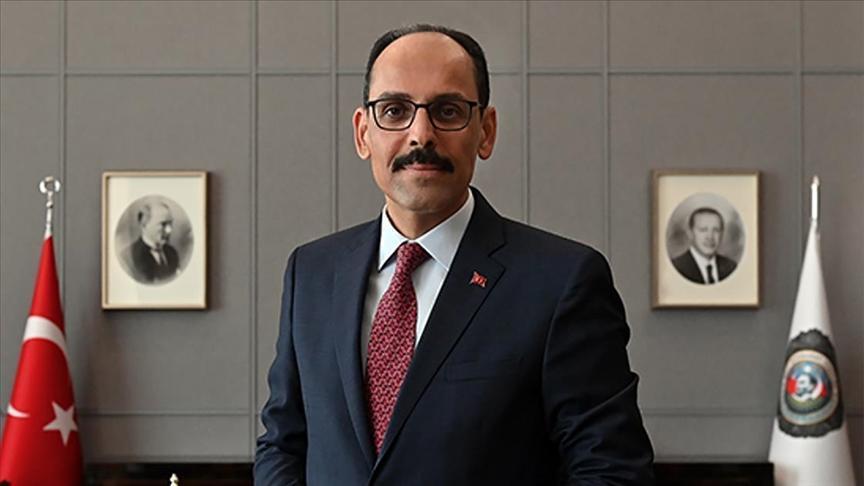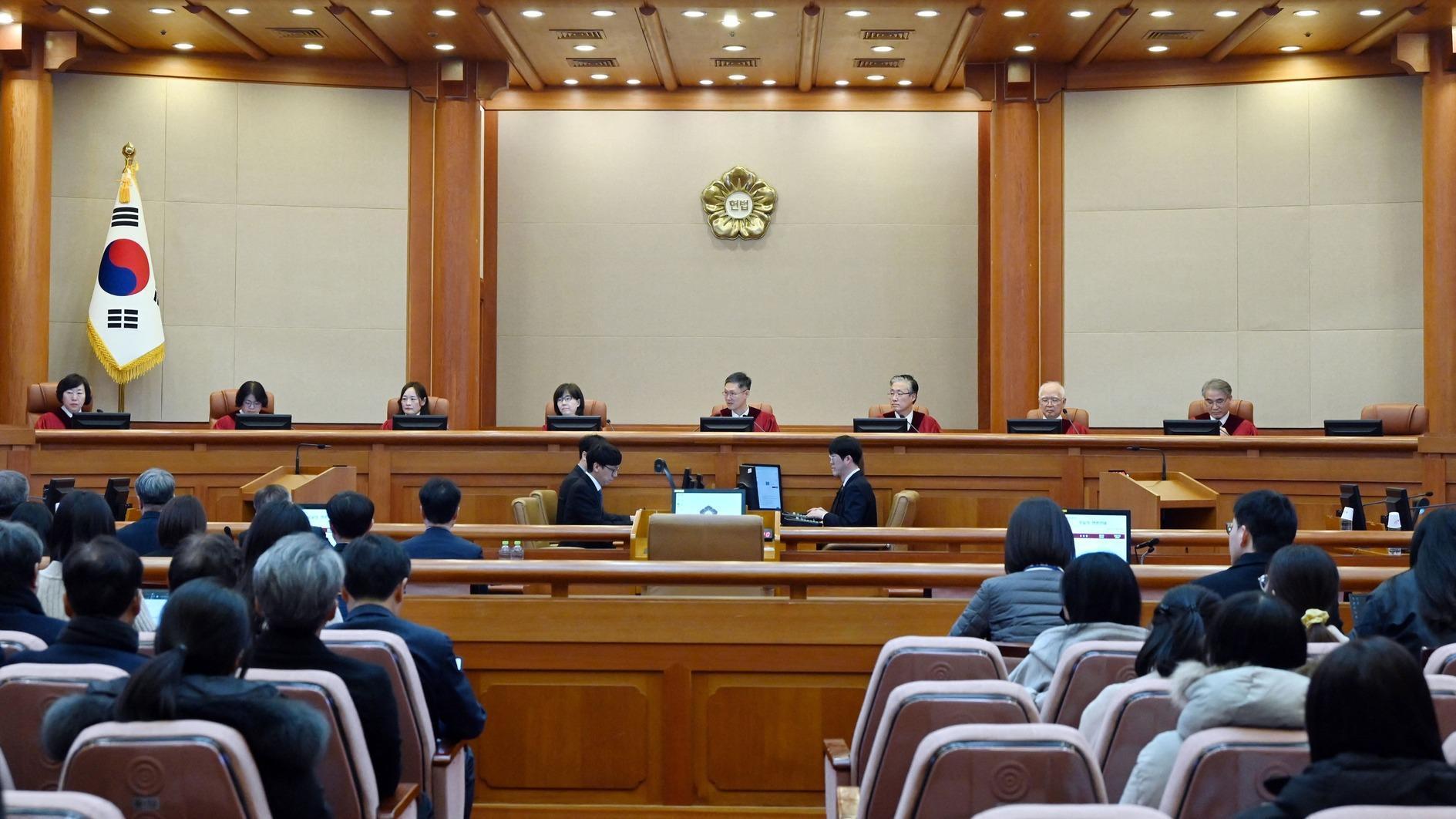Can Merkel convince Greek Cyprus to lift its EU veto on Turkey?
German Chancellor Angela Merkel has just had her third visit to Turkey in the last four months. One was for the G-20 Summit last November, but the Oct. 18 visit and the visit yesterday (Feb. 8) focused on the same issue: Decreasing the Syrian refugee burden on the EU, on Germany in particular, and convincing the Turkish government to keep as many refugees as possible in Turkey.
Yesterday in Ankara, Merkel and her Turkish host Prime Minister Ahmet Davutoğlu said in a joint press conference that the two countries have decided to work together regarding the Syrian refugee crisis on 10 topics in particular. One of these topics is taking the problem of illegal crossings from Syria to Turkey to the Western defense alliance NATO at its next meeting in Brussels on Feb. 11.
There might be a point there, as the Russian presence in Syria is a factor in the continuing flow of Syrian migrants. Most recently, the advance of the Bashar al-Assad regime’s forces on Aleppo, backed by Russian air forces and pro-Iranian ground troops, has triggered a new wave of migration. Davutoğlu said at the Feb. 8 press conference that Turkey has been providing necessities to 30,000 people currently piled up on the Turkish border, with more expected to come.
EU Foreign Policy Chief Federica Mogherini has called on Turkey to open its borders, (while just a few weeks ago, after the crisis over Turkey’s downing of the Russian jet in November last year, U.S. and EU officials were calling on Ankara to seal the border with Syria). This situation shows that the EU has no strategy and no proper policy regarding the migrants – it only wants Turkey stop them from piling up on EU borders, hoping that the promise of a 3 billion euro budget will be enough.
Merkel clearly understands that this will not be enough. In a joint press conference with Davutoğlu on Oct. 18, she had acknowledged a four-point deal between Turkey and the EU for better cooperation, which could decrease the migrant pressure on EU governments. The budget was only one of the topics discussed back then; the other three were about reactivating Turkey’s integration process with the EU through visa free travel, inviting Ankara to EU summits as a candidate country, and immediately opening six negotiation chapters. Turkey would in turn speed up the implementation of an already signed readmission agreement and provide the EU standard procedure for the migrants.
While accusing Turkey of not doing enough, the EU has only opened one negotiation chapter so far - the only one of the six that is not vetoed by Greek Cyprus. EU Commission President Jean-Claude Juncker recently wrote a letter to PM Davutoğlu to assure him that everything would be sorted by the end of the first quarter of 2016. After having a few experiences in the past, the Turks know that without a European Council decision, all political goodwill gestures - like the “like-minded countries” meetings with Turkey or the Juncker letter - have no legal consequences and no legal meaning.
Davutoğlu is expected to hold talks in the Netherlands (the current term president of the EU) today (Feb. 9), while on Feb. 18 there will be the second “like-minded” EU countries’ meeting with Turkey. In the meantime, it will become clear whether the U.S. approves of the Turkish-German joint proposal to involve NATO in the Syrian refugee crisis.
The issue of Syrian migrants is such a pressing issue - not only for Merkel but for all EU leaders – that these days they tend to avoid debates sensitive to Turkish government, like those over press freedom or court independence. They just want to stop the flow, without even considering that it will probably only slow down (but not stop) when the Syrian civil war is brought to an end.
But even if it does somehow slow down, for a better implementation of the readmission agreement Turkey wants the negotiation chapters under Greek Cypriot veto to be opened. Turkish EU Affairs Minister Volkan Bozkır said recently that Ankara wants to see at least 24th chapter on Justice, Freedoms and Security to be opened before June, before the readmission agreement is put into effect.
How difficult will it be for Germany and the other EU powers to convince the Greek Cypriots to lift the EU veto on Turkey in order to secure relative relief in the refugee crisis? That will be the next scene on the stage.











